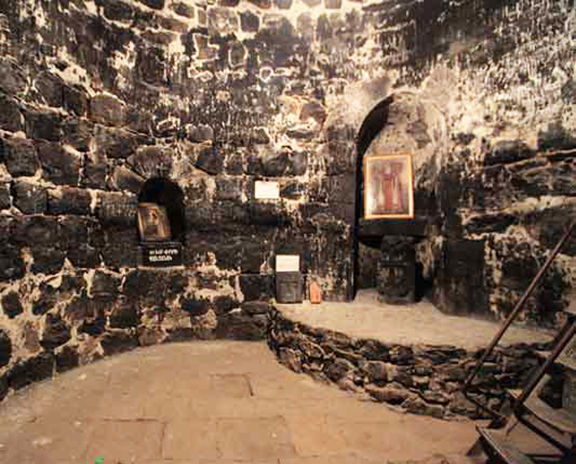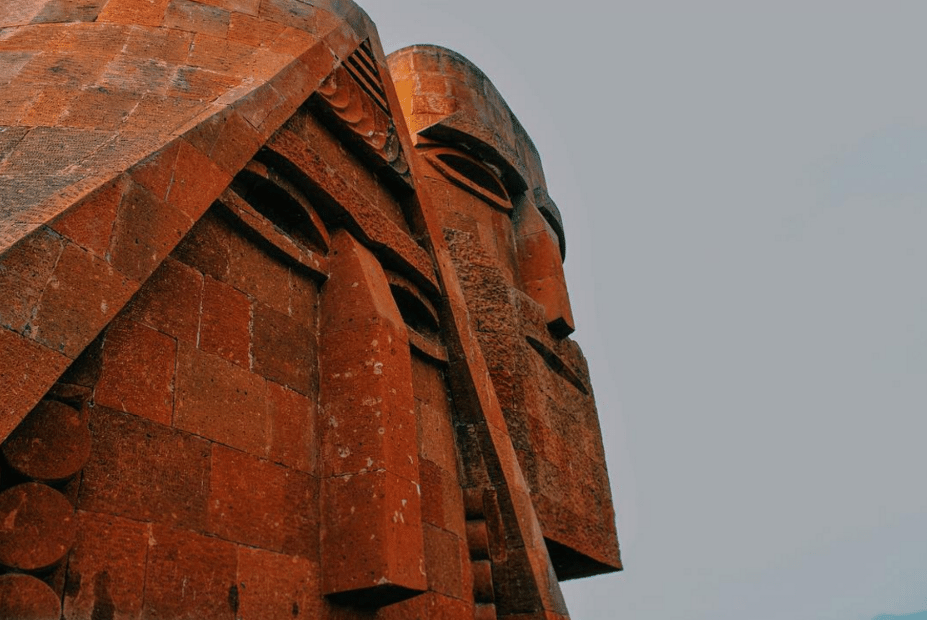According to director of the Institute of Archeology and Ethnography of the National Academy of Sciences of Armenia Bavel Avedisian, not far from the ancient monastery of Khor Virap, the foundations of an aqueduct – a water conduit for supplying water from sources located above them – were found. In total, within the framework of the Armenian-German program, 20 foundations were found, located over a length of half a mile, Avedisian specified at a press conference on January 14. According to experts, they relate to 114 to 117 AD, and give insight to the water supply system of ancient Artashat.
Avedisian did not exclude the possibility that the aqueduct was used to supply water from the Garni River. According to him, the research will continue in the current year.
Apart from the aqueduct, archaeologists have yet to study another major find: geomagnetic studies have revealed the surviving foundations of large palace buildings in the vicinity of modern Artashat, near the 13th hill. All foundations are now located on privatized lands, which means that, in order to excavate, archaeologists must come to an agreement with the current owners. Avedisian expressed hope that this process will begin this year. The excavations will make it possible to present the ancient Artashat to the scientific community in a completely new way, he explained.
The town of Artashat has a long and rich history, as a settlement in ancient Artashat has existed since the Urartian period. From 190 to 189 BC, Armenia gained independence from the Seleucids. Following independence, its first king was Artashes I, who later founded Artashat (“joy of Artashes”).


























































